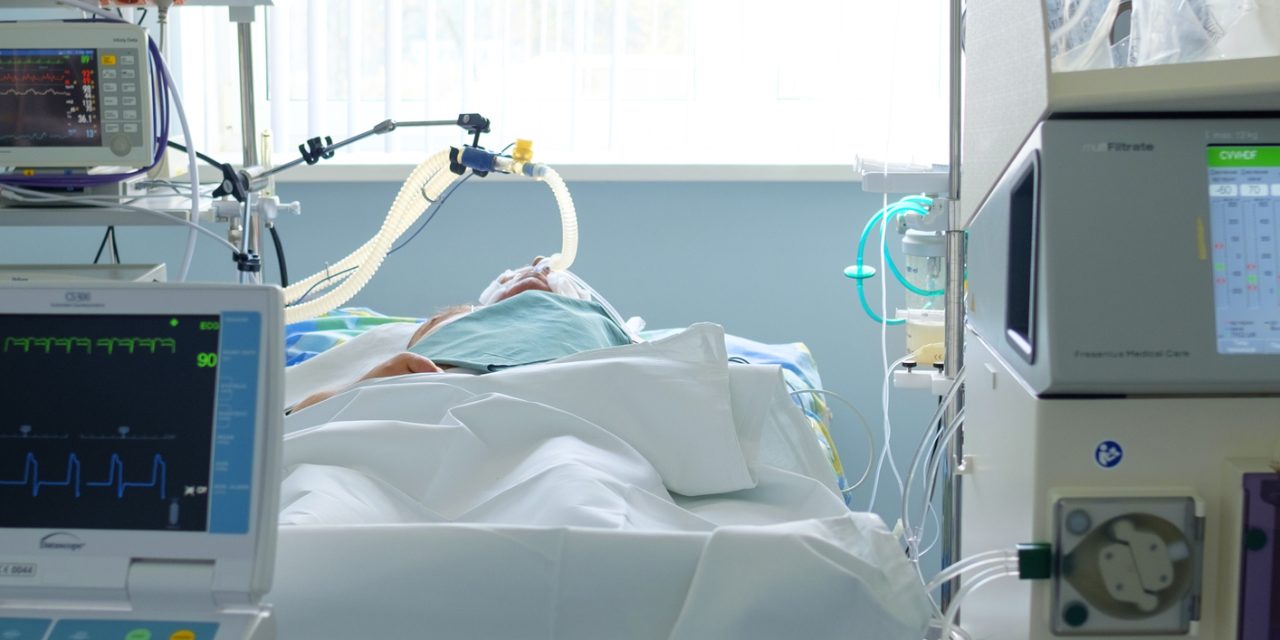This study examined working memory impairment following mild traumatic brain injury (mTBI) among active duty service members charged with criminal offenses. The prevalence of mTBI among service members involved in the military justice system is unknown. Impairments associated with mTBI may affect cognitive processes related to psycholegal capacities, and history of mTBI may have a persuasive appeal when explaining questions of culpability. The degree to which mTBI affects psycholegal abilities through cognitive impairment, however, is unknown.
This was a retrospective study of U.S. service members who presented for forensic evaluation (n = 80). Completed forensic evaluations (eg, criminal responsibility, competence to stand trial, risk assessment) were the source of data. Working Memory Index (WMI) score of the Wechsler Adult Intelligence Scale, Fourth Edition was used as an index of sequelae after brain injury.
A history of mTBI was present in 20% of the sample. The mean time from mTBI diagnosis to presentation for forensic evaluation was 3.96 years. The mTBI-positive group had a mean WMI = 98 and the mTBI-negative group had a mean WMI = 103. The difference in WMI scores between groups was not statistically significant.
This study suggests that a history of mTBI is common among service members charged with criminal offenses. The findings that working memory scores were in the average range among service members with mTBI history may suggest that history of mTBI does not impair psycholegal relevant cognition. More research is needed to clarify how history of mTBI affects service member psycholegal capacities.
Published by Oxford University Press on behalf of the Association of Military Surgeons of the United States 2020. This work is written by (a) US Government employee(s) and is in the public domain in the US.
Traumatic Brain Injury, Working Memory, and Violent Crime in a Sample of U.S. Service Members Involved in the Military Justice System.


